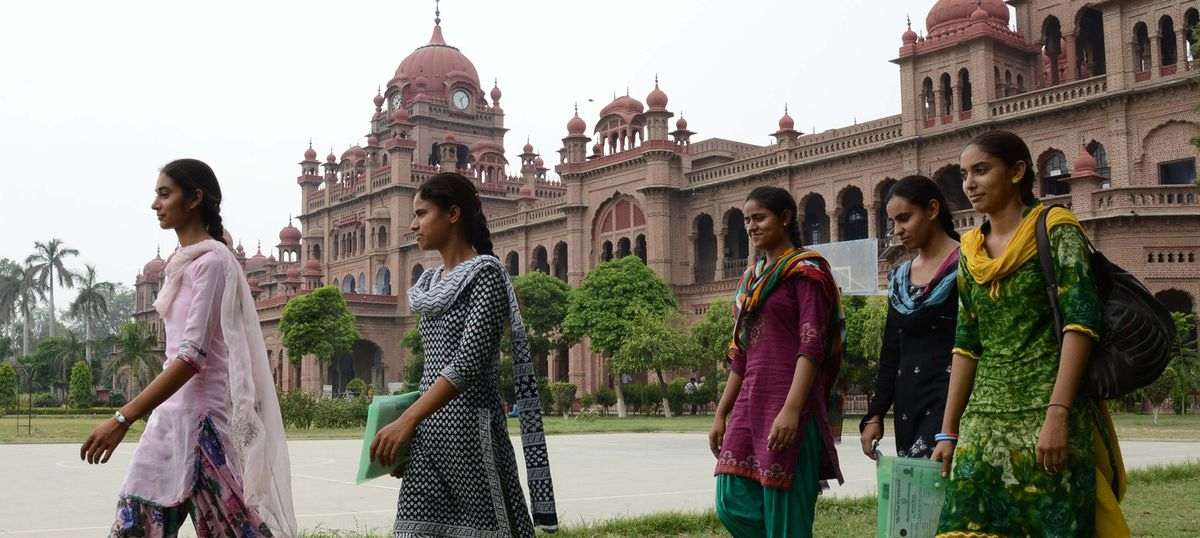
One thing that the students from the marginalized communities have to keep in mind is that, if you’ve decided to pursue your higher education in India then it would be unwise on your part to think that the deeply rooted institutional discrimination will end at any point.
It doesn’t matter which institution you choose, no matter how qualified you are, no matter what course you’re pursuing, no matter how hard-working or academically gifted you are. The question of your identity will always arise in many different contexts, putting you in an uncomfortable place.
The majority of the time, this discrimination happens in such subtle forms that you won’t notice it yourself unless you critically analyse it. Your socio-economically privileged peers, professors and everyone else around will always feel a “sense of entitlement” in the common discourse involving you.
Expressing opinions freely without fear is a very crucial part of student life. However, you’ll have to be prepared to face obstacles on that part, too. Elisabeth Noelle-Neumann has described this phenomenon as the “Spiral of Silence theory“, where minorities often feel uncomfortable in expressing their opinion. With the fear of being left out, they change their opinions from deviant to majoritarian dominant opinions.
Being organized seem to be one of the possible short-term solutions for this as it would restore a sense of security to the affected students. Although it appears to be a difficult solution to implement in practicality.
For the long-term solution, efforts need to be made by the civil society members to turn our universities into safe and inclusive spaces for vulnerable groups, although those who have hegemony over the popular discourse in universities would try their level best to stop them from doing so.
It’s an endless vicious cycle which needs to be scrutinised and repaired through public discourse because universities play a big part in shaping the future of the youth of the marginalized communities.
